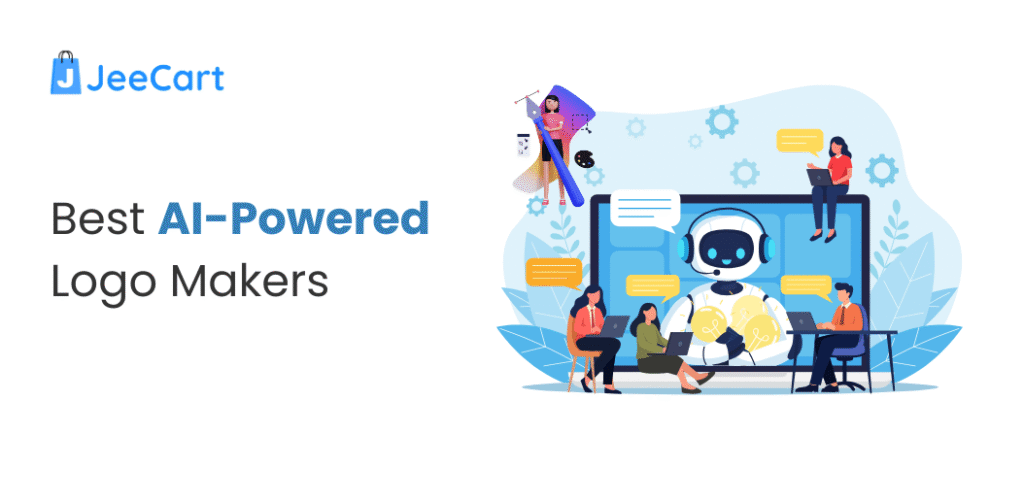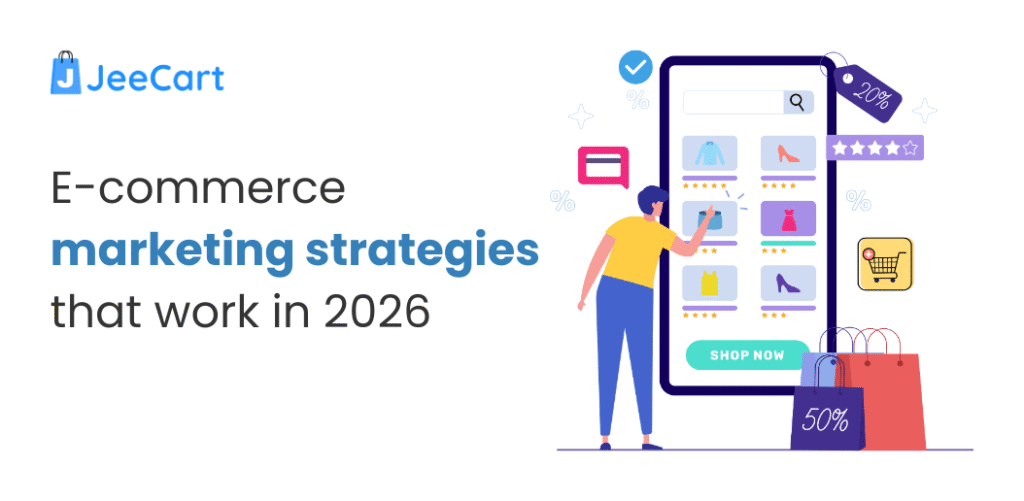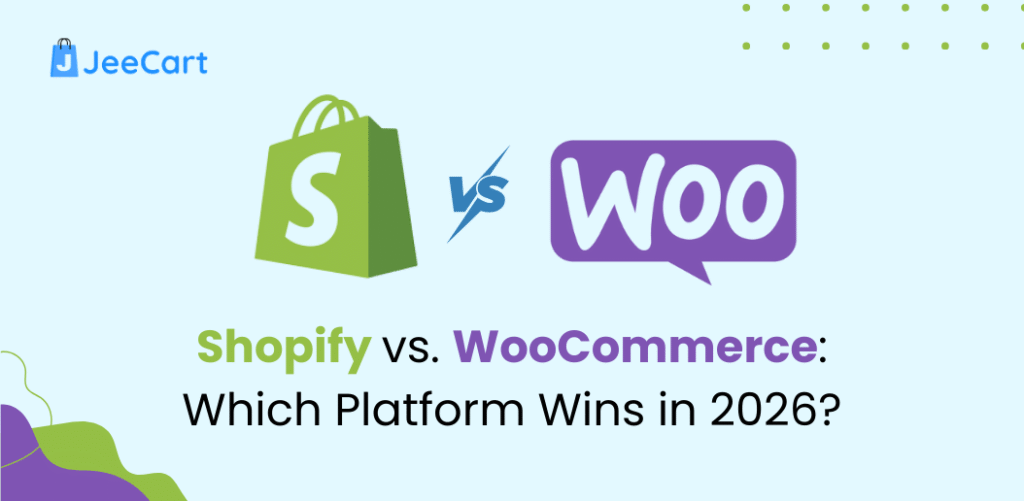
Here’s something I’ve noticed lately – you can’t really tell where shopping ends and gaming begins anymore. And it’s pretty fascinating.
Think about it. You’re scrolling through an app, earning points for purchases, watching streamers play games while hawking products, or using AR to see how that couch looks in your living room. It’s like someone took shopping, gaming, and entertainment and threw them in a blender.
AR is Making Shopping Feel Like Science Fiction
Remember when trying furniture online was basically gambling? You’d order a couch and pray it didn’t look ridiculous in your space. IKEA changed all that with their AR app – now you can literally see how that Swedish bookshelf fits next to your TV before you buy it.
But it goes way beyond furniture. Beauty brands let you try on makeup virtually. Clothing stores are experimenting with virtual fitting rooms. It’s wild how quickly we went from “I need to see it in person” to “let me just hold up my phone.”
Everything’s a Game Now (And We’re Totally Hooked)
Companies figured out something important: people love earning stuff. It doesn’t matter if it’s badges, points, or bragging rights – we’re surprisingly easy to motivate.
Nike nailed this with their Run Club app. Sure, you could just… run. But why do that when you can earn badges, compete with friends, and unlock rewards? Suddenly, your morning jog becomes this whole achievement system. Clever? Absolutely. Manipulative? Maybe a little. Effective? You bet.
Starbucks does it too. Their app turns coffee buying into a point-collecting game. I know people who’ll drive past three other coffee shops just to keep their “star” streak going.
Where Skill Meets Shopping
Even skill-based games got in on this action. Take US online poker – it’s not just about the cards anymore. These platforms sell virtual goods, premium features, and special tournaments. Players aren’t just gambling; they’re buying experiences, customizations, bragging rights.
It’s smart business. Why limit revenue to just game winnings when you can sell the whole ecosystem around it?
Streaming Platforms Became Shopping Malls
Twitch is probably the best example of this weird evolution. You tune in to watch someone play a game, but before you know it, you’re buying their merch, subscribing to their channel, or checking out products they mention.
It’s like QVC for the gaming generation – except way more interactive and somehow less obvious about the selling part. Streamers will casually mention their setup, their energy drink, their gaming chair… and suddenly thousands of viewers are adding items to their carts.
Social Media Made Everyone a Salesperson
Instagram and TikTok basically turned shopping into entertainment. Influencers create these mini-movies about products, and somehow, watching someone test drive lipstick or review sneakers becomes genuinely entertaining content.
The crazy part? It works. Those 30-second TikToks probably move more product than traditional ads ever did. When someone you follow (even if you don’t actually know them) gets excited about something, it feels like a friend recommendation.
Why This Happened (And Why It’s Working)
Traditional shopping got boring. Click, buy, wait for delivery. Repeat. People wanted more, especially younger consumers who grew up expecting everything to be interactive.
Companies that figured this out early got a huge advantage. While their competitors were still thinking in terms of separate categories – “we do retail” or “we do entertainment” – the smart ones started blending everything together.
What’s Next?
This fusion isn’t slowing down. If anything, it’s accelerating.
Virtual reality shopping is getting more sophisticated. Social commerce is becoming more seamless. Games are integrating shopping more naturally. The lines aren’t just blurring – they’re disappearing entirely.
For businesses, the message is pretty clear: adapt or get left behind. Consumers don’t want to just buy things anymore. They want experiences. They want to be entertained, engaged, maybe even challenged a little. The companies that understand this are the ones that’ll thrive.
It’s a weird new world where your shopping app has achievements, your games have stores, and your entertainment has buy buttons. But it’s probably more fun than the old way of doing things.




